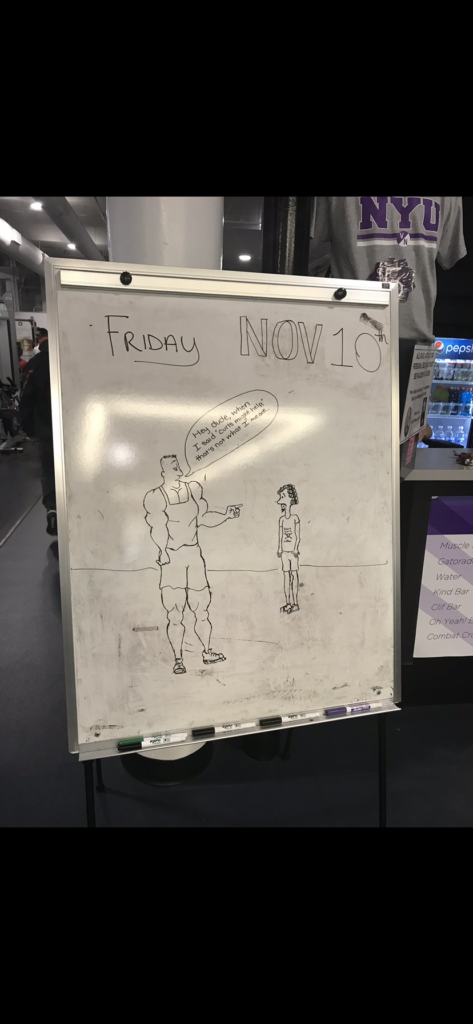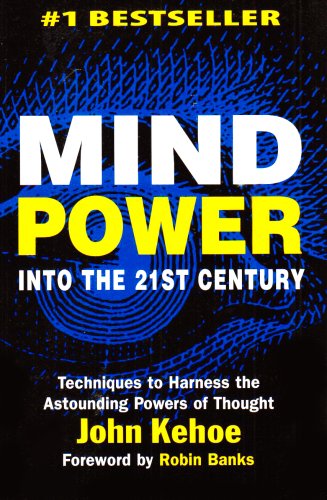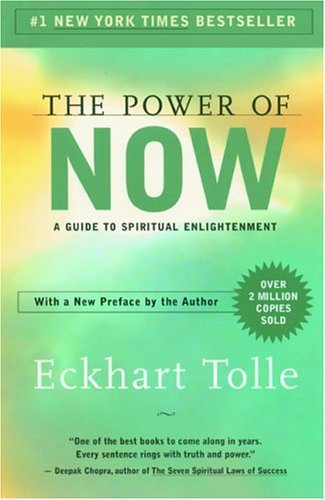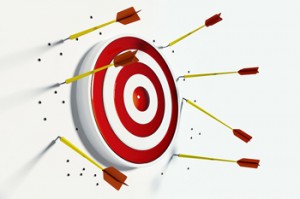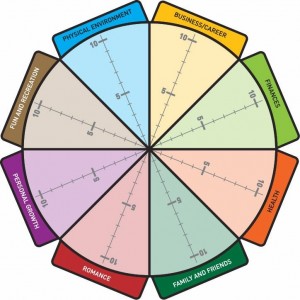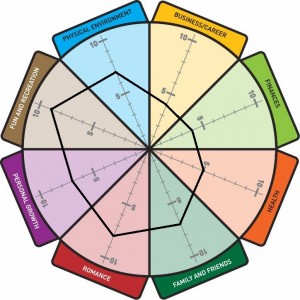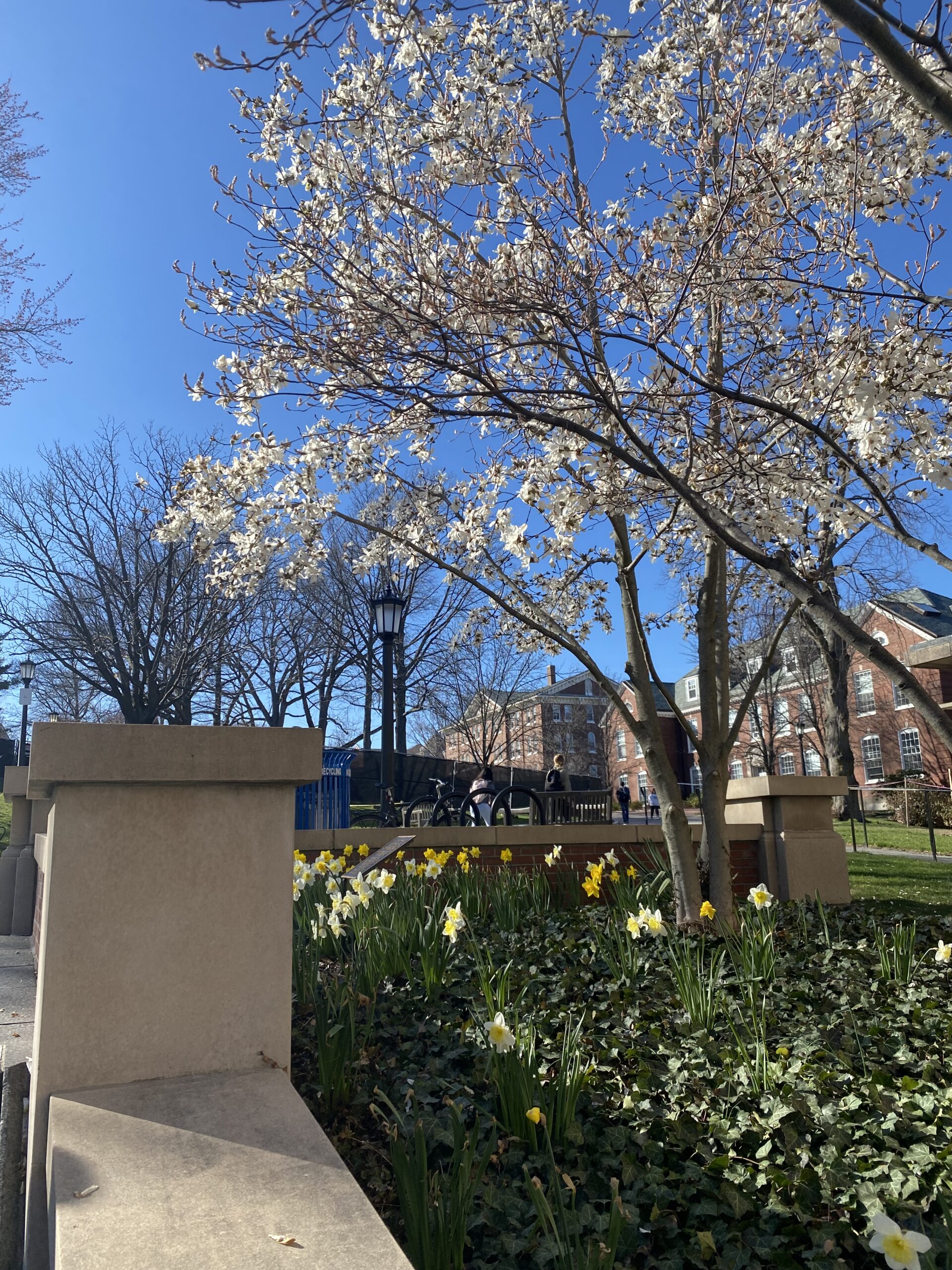
Experiencing college life forces students to reassess their priorities and what they choose to spend their energy on. There is a newfound independence to this lifestyle, with hopes of meeting academic and personal goals, but there is also a large amount of uncertainty that comes with change. In this new stage in life, finding balance is the key to reaching your milestones. By doing so, it will be easier to focus on what we need to do or want to do in the moment, staying present without worries about the future or past.
The definition of what a balanced lifestyle means varies from individual. It comes with an understanding of one’s priorities and values and what truly makes them happy. It may take the form of limiting iPhone screen time to 1-2 hours a day, reading for 15 minutes before bed, or grabbing lunch with your friends at an off-campus restaurant. Whatever the form may take, there are always trade-offs with tasks that may seem burdensome or necessary to complete, such as that one problem set you’ve been pushing off that’s due at the end of the week or last week’s laundry and cleaning. Counteracting the feelings of stress and anxiety with activities that make you calm, joyous, and energized is the end result of a balanced lifestyle.

A balanced lifestyle for me means giving myself moments of calm and happiness when life becomes overwhelming. It appears when I’m winding down after a stressful day, chatting with my roommate about what we accomplished during the day, when I have time to work on my passion projects, or when I’m eating dinner with my friends and catching up on our days. When I’m experiencing these moments of being present, I know there will always be some task I need to do, but it is not as pressing as the present. Experiencing these moments will come naturally with time as you let yourself leave behind any stress in the past and focus on your moment. It helps to give yourself kind reminders, understanding where you are now and giving yourself the opportunity to breathe and focus on yourself.
Knowing when to say no to favors, change in plans, or any other external factors is sometimes difficult. Putting up these boundaries is necessary for shaping your needs and what you need to actively succeed and pursue your goals. Finding balance connects with creating schedules, prioritizing, and learning what suits your individual needs. Sometimes, life happens and you may spend too much time studying for an exam, taking a nap, or working out. Unexpected changes in your schedule may arise, and you cannot fight them. Despite these challenges, remaining flexible and focused on what matters to you will find a way to be successful and balanced for you.

By Lecia Sun
Lecia is a student at Tufts University studying Classics and World Literature. When she is not reading, she can be found attempting the New York Times Games, trying out a new creative hobby, and dreaming about her next great bake.
For over 20 years, the Campus Clipper has been offering awesome student discounts in NYC, from the East Side to Greenwich Village. Along with inspiration, the company offers students a special coupon booklet and the Official Student Guide, which encourages them to discover new places in the city and save money on food, clothing, and services.
At the Campus Clipper, not only do we help our interns learn new skills, make money, and create wonderful e-books, we give them a platform to teach others. Check our website for more student savings and watch our YouTube video showing off some of New York City’s finest students during the Welcome Week of 2015.



